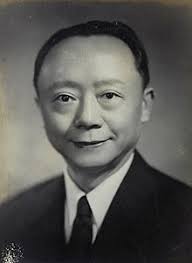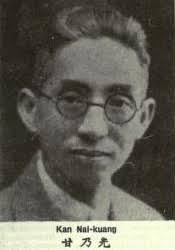Ho Lung 賀龍 T. Yun-ch'ing 雲卿 Ho Lung (11 March 1896-), Hunanese military leader who, with Yeh T'ing (q.v.) staged the Nanchang uprising of 1 August 1927. He helped build the Chinese Communist military establishment in the 1930's and 1940's. After 1949 he served the Central People's Government in such posts as commander of the […]












